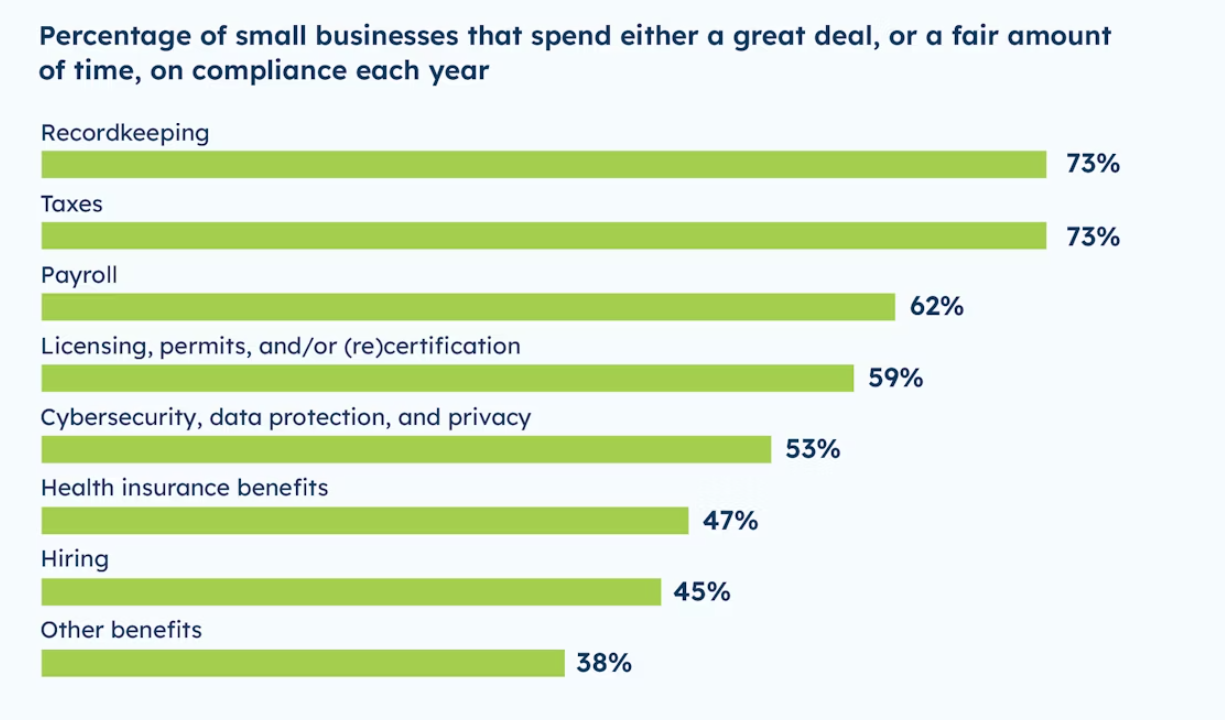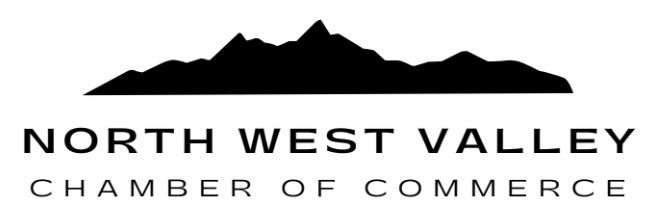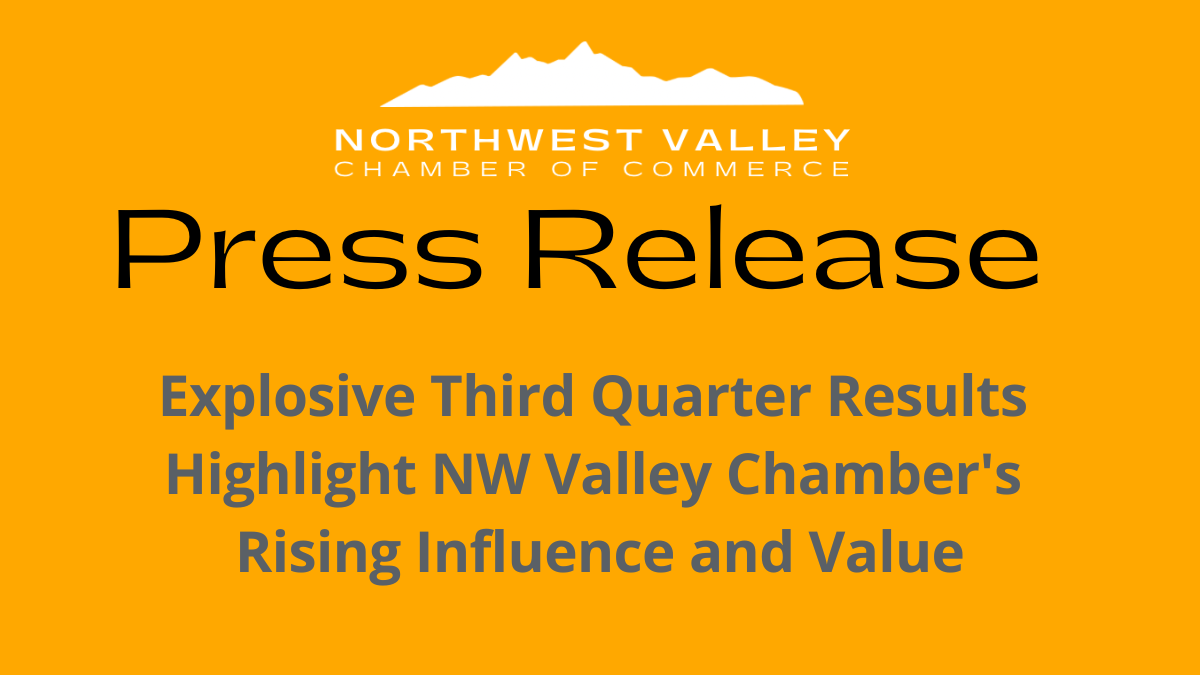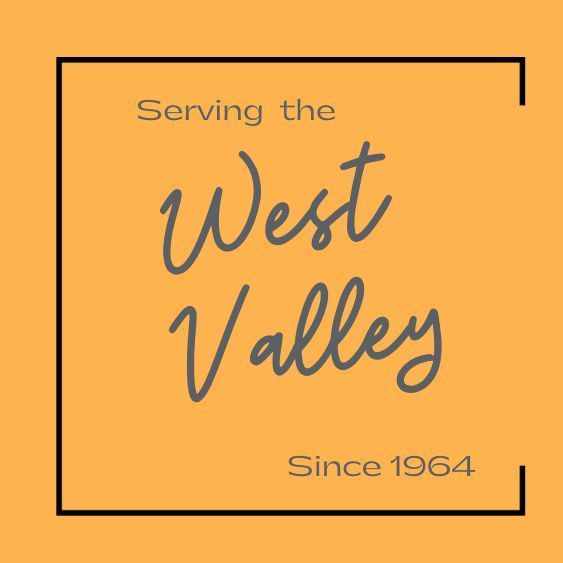Independence Guaranteed: No Elected Officials on Our Board, No Government Funding"
Stakeholder Assurance and Confidence our Operations Remain Unbiased and Free From Governmental Influence.
Key Takeaways:
- Independence Matters: Chambers of commerce that include elected officials on their boards or receive significant government funding often hesitate to actively advocate for the business community’s interests, and are lean towards supporting the governmental entities that support them. (Read the Report)
- Our Commitment: At the Northwest Valley Chamber of Commerce, we accept no government funding (federal, state, county or local) . Our independence ensures that we solely focus on advocating for the interests of the business community.
Government Funding and Political Engagement by Chambers
Survey Insights: According to research by the U.S. Chamber of Commerce, there is a significant decrease—up to 400%—in the likelihood of chambers making political endorsements or engaging in public policy when they include government representatives on their boards, maintain substantial contracts or receive funding from government entities.
Balancing Interests on Governing Boards (No Elected Official or Government Staff Allowed)
Fiduciary Responsibilities: A chamber of commerce is a collective of businesses aiming to promote mutual interests and community development. Officers and directors of non-profit entities are bound by fiduciary duties, demanding unwavering loyalty and commitment. To avoid conflicts of interest and ensure unbiased representation of the business sector, government officials/staff are precluded from holding official roles within our Chamber. However, this does not hinder constructive dialogues with government entities when mutual objectives coincide.
The Evolution of Chambers of Commerce
Historical Perspective: In the 1950's many chamber morphed into civic/social entities involved in social-welfare projects with a "private" club mentality. The 1960s saw the introduction of ribbon cutting events and networking events called mixers, and by 2017, a shift back to the original role was was observed which included advocacy, and a return to focusing on business interests (Watch the Re-Branding Video). Presently, chambers operate across a broad spectrum, ranging from event-centric to some of the most influential lobbying groups in America.





